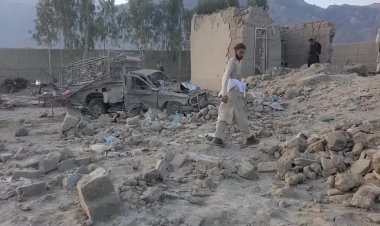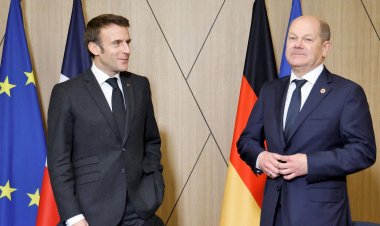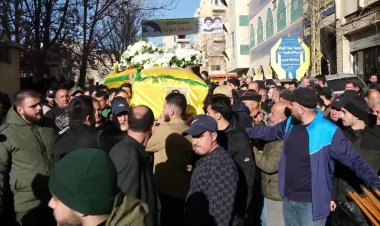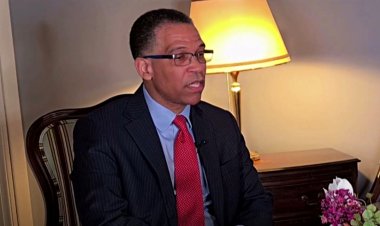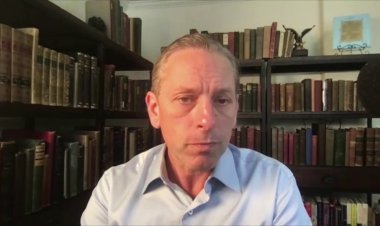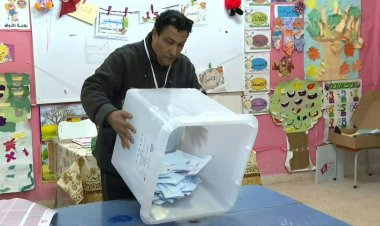Gaza Aid Efforts Amid Ceasefire Talks
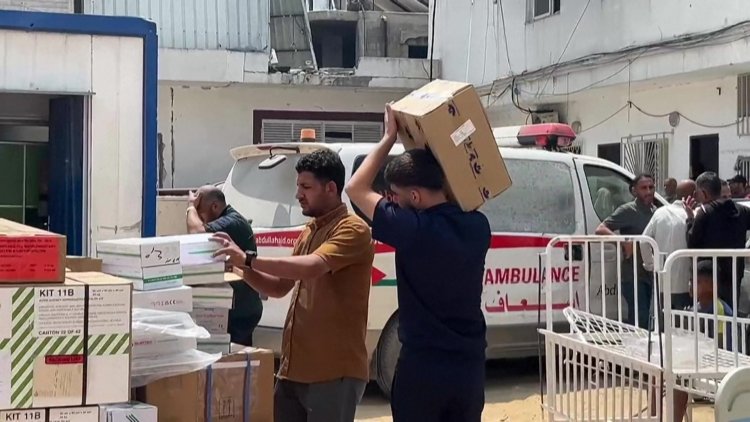
Ambulances carry injured Palestinians to be transferred by the World Health Organisation (WHO) to receive treatment abroad.
Images also show packages of medical aid delivered by the WHO to Kamal Adwan hospital in the northern Gaza Strip. WHO transfers children for treatment abroad, delivers aid to north Gaza hospital.
US top diplomat Antony Blinken urged Hamas to accept a Gaza truce plan despite an Israeli warning that the army will keep fighting the Palestinian militant group after any ceasefire.
A Hamas official said the Islamist group would respond "within a very short period" to a plan proposed by mediators to halt the fighting for 40 days and to exchange dozens of hostages for many more Palestinian prisoners.
But the group's aim remains an "end to this war", senior Hamas official Suhail al-Hindi said -- a goal at odds with the stated position of Israel's hawkish Prime Minister Benjamin Netanyahu.
The Israel premier repeated his vow to send Israeli ground forces into Gaza's far-southern city of Rafah, despite major concerns over the fate of some 1.5 million civilians sheltering there.
UN chief Antonio Guterres warned that an Israeli assault on Rafah would "be an unbearable escalation, killing thousands more civilians and forcing hundreds of thousands to flee".
Talks on a potential truce and hostage release deal to pause the bloodiest ever Gaza war have been held in Cairo, involving US, Egyptian and Qatari mediators.
An Israeli official said the government would wait for an answer from Hamas before it decides whether to send its envoys back to the indirect talks in Egypt's capital.
Analysts voiced doubts whether Hamas would sign up to another temporary ceasefire, knowing that Israeli troops could resume their onslaught as soon as it is over.
Israel's massive retaliatory offensive has killed at least 34,568 people in Gaza, mostly women and children, according to the health ministry in the Hamas-run territory.




